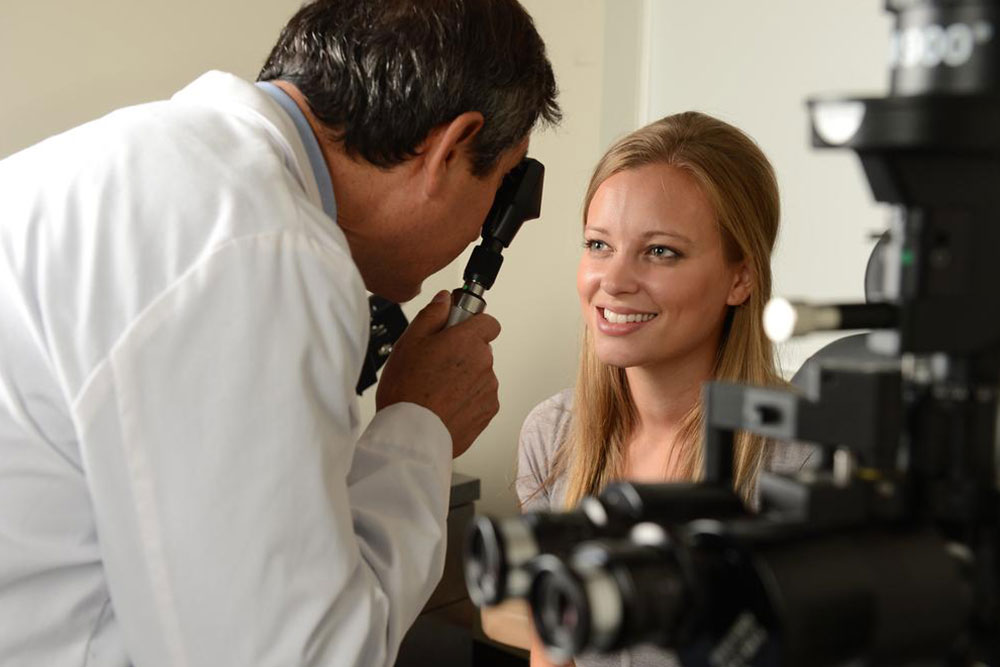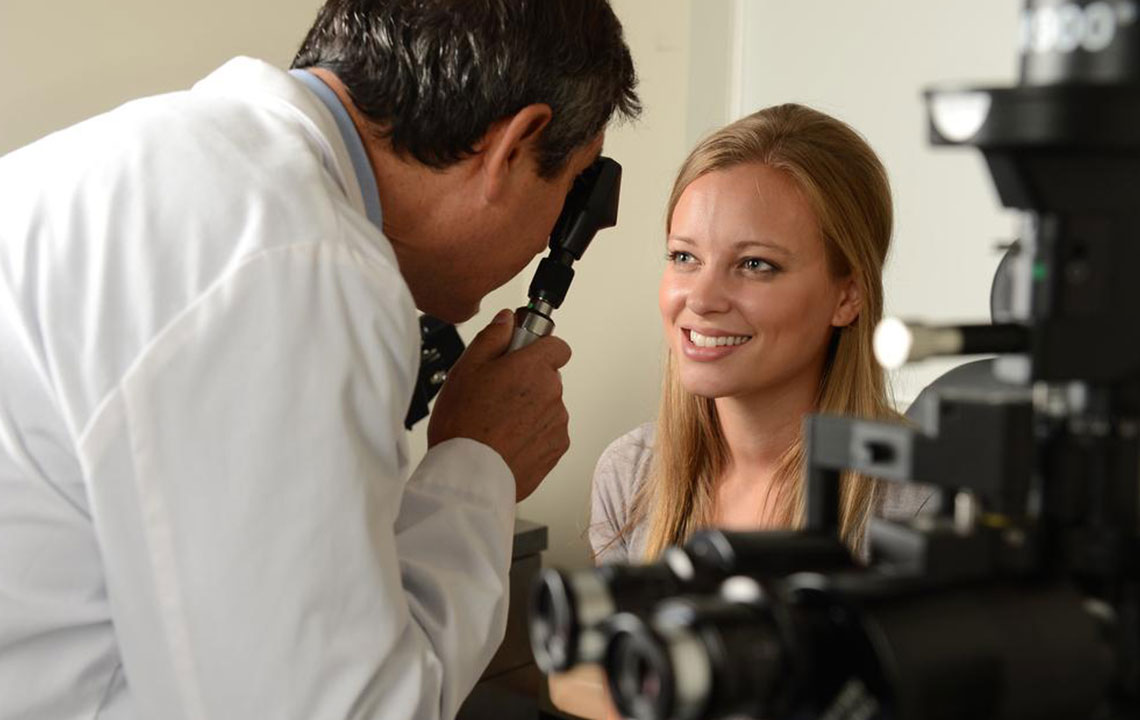Effective Strategies for Presbyopia Management and Eye Health Improvement
Explore effective strategies for managing presbyopia, including nutritional tips and eye correction options. Learn how diet and advanced treatments can support better near vision and eye health as you age. Understand the role of corrective devices and surgical procedures in improving visual function, with practical advice for those experiencing age-related vision changes.

Strategies for Managing Presbyopia and Supporting Eye Health
Presbyopia is a common age-related condition where the eye's ability to focus on close objects diminishes, typically after age 40. It occurs due to the loss of flexibility in the lens and iris, which hampers focus adjustment. Fortunately, adopting certain nutritional habits and exploring various treatments can help support eye function and enhance quality of life.
Nutritional approaches to managing presbyopia
Consuming nutrient-rich fruits and vegetables supports overall eye health and can mitigate some age-related vision decline.
For instance, carrots are high in beta carotene, which reduces the risk of degenerative eye issues. Vitamin C, a potent antioxidant found in foods like bell peppers, broccoli, and oranges, helps defend the eyes from oxidative stress and delays age-related conditions. Spinach, rich in beta carotene, vitamin C, lutein, and zeaxanthin, absorbs blue light from screens and supports visual health. Incorporating these foods into daily meals can naturally boost ocular resilience.
Common options for presbyopia correction
Vision correction devices
Eyewear such as reading glasses, bifocals, trifocals, or progressive lenses are frequently used to improve near vision. Contact lens options, including monovision or multifocal lenses, are suitable for many individuals based on comfort and lifestyle needs.
Surgical interventions for vision improvement
While surgery doesn't eliminate presbyopia entirely, procedures like LASIK can reduce dependence on corrective lenses. Monovision LASIK corrects distance vision in one eye and near vision in the other, offering a balance for activities. Multifocal LASIK, still under clinical evaluation, aims to create multiple focus points to enhance overall visual performance.








